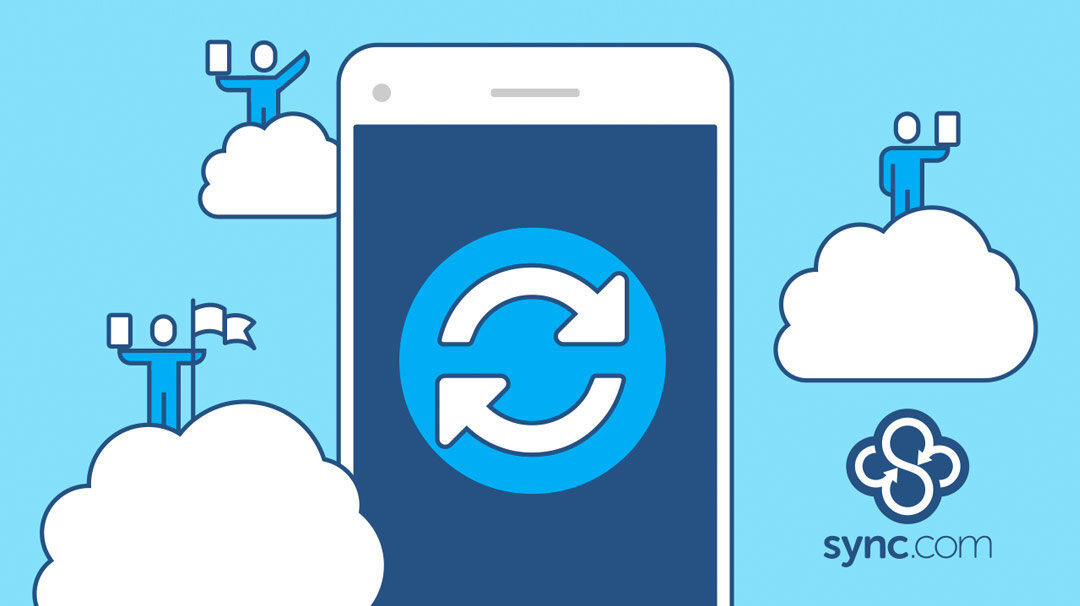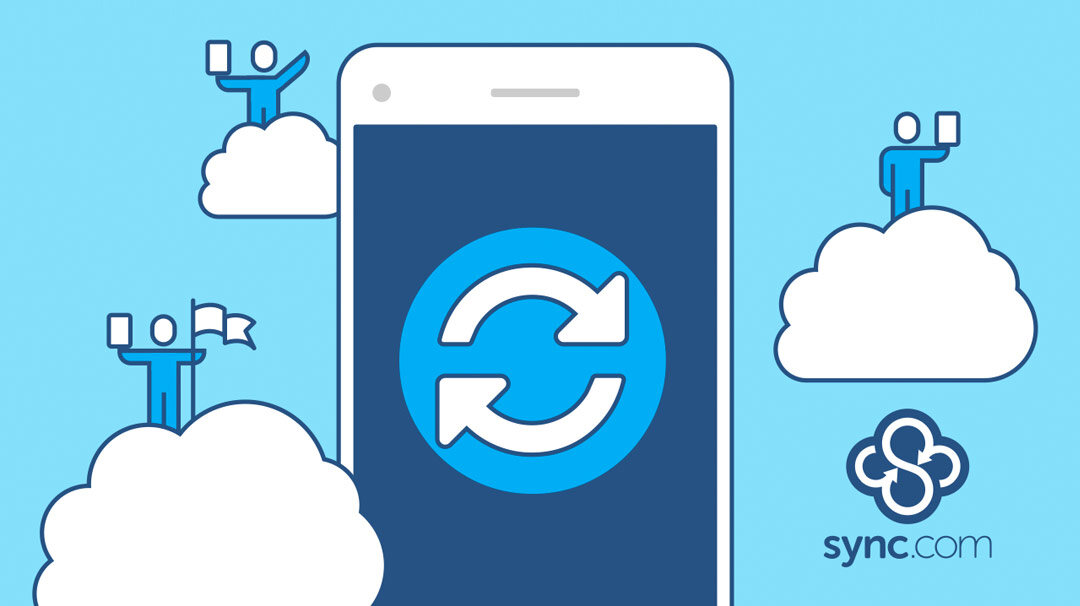Top 5 worst privacy policies you’ve probably agreed to
by Jason on Oct 3, 2014 7:51:54 AM

1. Apple iCloud
If you’ve got an iPhone, iPad or other Apple device you’ve probably unwittingly agreed to the iCloud terms of service which appears to give Apple the right to access your data at any time:
Apple reserves the right at all times to determine whether Content is appropriate and in compliance with this Agreement, and may pre-screen, move, refuse, modify and/or remove Content at any time …You acknowledge and agree that Apple may, without liability to you, access, use, preserve and/or disclose your Account information and Content to law enforcement authorities, government officials, and/or a third party, as Apple believes is reasonably necessary or appropriate.
While those office pizza party photos would most likely put Apple’s pre-screeners to sleep, the thought of Apple employees accessing and modifying mission critical business data in the cloud is unsettling. We love our iPhones, but we’d never use iCloud.
2. Dropbox
In a recent interview with The Guardian, Edward Snowden called Dropbox “very hostile to privacy”, and we couldn’t agree more. Although the Dropbox terms of service appears to be written in layman’s terms, you still end up giving them permission to access your data whenever they feel they have a legitimate reason to do so:
Employees may access file metadata (e.g., file names and locations) when they have a legitimate reason, like providing technical support. Like most online services, we have a small number of employees who must be able to access user data for the reasons stated in our privacy policy (e.g., when legally required to do so).
Furthermore, those permissions extend to third-parties:
These and other features may require our systems to access, store and scan Your Stuff. You give us permission to do those things, and this permission extends to trusted third parties we work with.
So, by using Dropbox you may be giving a whole slew of third-party companies permission to access, store and scan your stuff. Of course you don’t have any idea who those companies are. Businesses working with sensitive client information should be extremely wary of this.
3. Gmail
If you’re a Gmail user you’ve agreed to terms of service that let Google analyze your email inbox and display relevant advertising based on your conversations:
Our automated systems analyze your content (including emails) to provide you personally relevant product features, such as customized search results, tailored advertising, and spam and malware detection. This analysis occurs as the content is sent, received, and when it is stored.
You probably already figured this out when dog grooming ads started following you around the internet, soon after your girlfriend sent you photos of her teacup chihuahua’s new haircut.
And while advertising seems relatively harmless, it’s troubling to think that when your client or customer sends you confidential information through email, Google will have read it before you.
4. LinkedIn
LinkedIn has reached legendary status when it comes to their terms of service and privacy policy. If you’ve got a LinkedIn profile you’ve given them permission to do whatever they want with the content and information you provide. They can spam your contact lists, sell your ideas and commercialize anything you post.
Even though you still technically own your content – so do they. Because this is what you agreed to:
You grant LinkedIn a nonexclusive, irrevocable, worldwide, perpetual, unlimited, assignable, sublicenseable, fully paid up and royalty-free right to us to copy, prepare derivative works of, improve, distribute, publish, remove, retain, add, process, analyze, use and commercialize, in any way now known or in the future discovered, any information you provide, directly or indirectly to LinkedIn, including, but not limited to, any user generated content, ideas, concepts, techniques and/or data to the services, you submit to LinkedIn, without any further consent, notice and/or compensation to you or to any third parties.
LinkedIn’s terms of service are so over-the-top that a group of users have filed a privacy lawsuit against them. The upshot of all this? None really, as corporations like LinkedIn are now revising their terms of service to include arbitration clauses which shield them from privacy lawsuits as well.
5. Microsoft Office 365 & OneDrive
OneDrive (formerly SkyDrive) is the cloud storage service Microsoft is bundling with their new Office apps. When you save a file to OneDrive you’ve automatically agreed to their terms of service which clearly outline content and actions that are grounds for account termination. Surprisingly, it all seems reasonably fair, until you get to the part where they describe what happens when they’ve discovered content deemed to be in violation of the agreement:
Microsoft or its agents will review Content in order to resolve the issue. This is in addition to the uses we describe in this Agreement and the Privacy Statements.
This means that just like Dropbox, Microsoft employees have access to view your files. The point was driven home when Forbes reported that Microsoft was spying on SkyDrive users. Microsoft spying on their users? Businesses should think twice before committing data to that sort of hostile environment.
And while we’re on the subject, the Windows 10 developer preview terms of service gave us a few laughs:
When you acquire, install and use the Program, Microsoft collects information about you, your devices, applications and networks, and your use of those devices, applications and networks … For example, when you: enter text, we may collect typed characters and use them for purposes such as improving autocomplete and spellcheck features.
We’re hopeful they’ll remove “key logging” before the public release!
What about Sync?
With Sync.com, your data is encrypted client-side (on your computer) and remains encrypted in the cloud. We don’t have access to the encryption keys, which means it’s technically impossible for us to view your files. Even in the event of a subpoena we would only be able to provide encrypted data, useless without the encryption keys.
Your data is always safe and secure with Sync. Your privacy guaranteed.
- September 2025 (3)
- August 2025 (1)
- July 2025 (3)
- June 2025 (1)
- May 2025 (1)
- April 2025 (1)
- February 2025 (2)
- January 2025 (1)
- December 2024 (1)
- November 2024 (2)
- October 2024 (5)
- September 2024 (6)
- August 2024 (3)
- July 2024 (6)
- June 2024 (4)
- May 2024 (4)
- April 2024 (7)
- March 2024 (4)
- February 2024 (5)
- January 2024 (5)
- December 2023 (1)
- November 2023 (3)
- October 2023 (3)
- September 2023 (2)
- August 2023 (5)
- July 2023 (2)
- June 2023 (4)
- May 2023 (2)
- March 2023 (2)
- February 2023 (1)
- January 2023 (3)
- December 2022 (1)
- November 2022 (3)
- October 2022 (2)
- August 2022 (3)
- July 2022 (1)
- June 2022 (1)
- May 2022 (2)
- April 2022 (1)
- March 2022 (2)
- January 2022 (4)
- December 2021 (2)
- October 2021 (3)
- September 2021 (3)
- August 2021 (1)
- July 2021 (5)
- June 2021 (4)
- May 2021 (3)
- April 2021 (4)
- March 2021 (5)
- February 2021 (2)
- January 2021 (5)
- December 2020 (1)
- November 2020 (2)
- September 2020 (1)
- August 2020 (1)
- July 2020 (1)
- May 2020 (1)
- April 2020 (1)
- March 2020 (3)
- February 2020 (1)
- November 2019 (1)
- October 2019 (1)
- August 2019 (1)
- May 2019 (1)
- April 2019 (1)
- February 2019 (1)
- January 2019 (2)
- December 2018 (1)
- October 2018 (2)
- September 2018 (4)
- June 2018 (1)
- May 2018 (1)
- March 2018 (1)
- January 2018 (2)
- December 2017 (2)
- November 2017 (2)
- September 2017 (1)
- August 2017 (2)
- May 2017 (2)
- April 2017 (1)
- January 2017 (2)
- July 2016 (3)
- June 2016 (3)
- February 2016 (1)
- November 2015 (1)
- September 2015 (1)
- August 2015 (4)
- May 2015 (4)
- January 2015 (2)
- October 2014 (1)
- September 2014 (1)
- August 2014 (2)
- July 2014 (5)
- June 2014 (2)
- March 2014 (1)
- December 2013 (1)
- October 2013 (1)
- September 2013 (1)
- July 2013 (4)
- June 2013 (2)
- April 2013 (1)
- February 2013 (1)
- January 2013 (1)
Subscribe by email
You May Also Like
These Related Articles

All the Reasons to Say Bye-Cloud to iCloud and Switch to Sync

Sync 3.7.6 Mobile Apps Released
